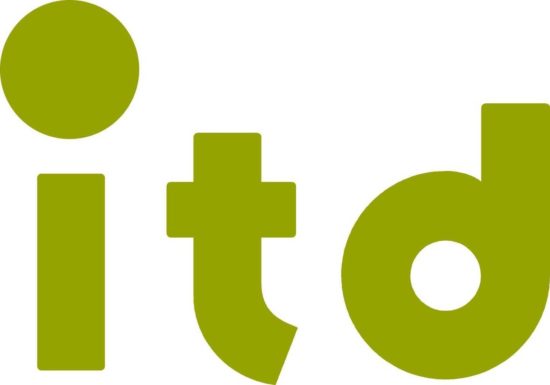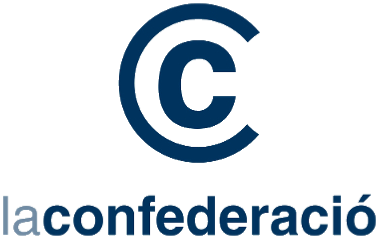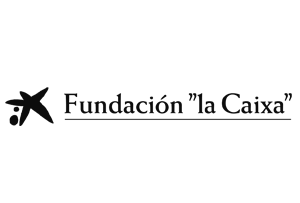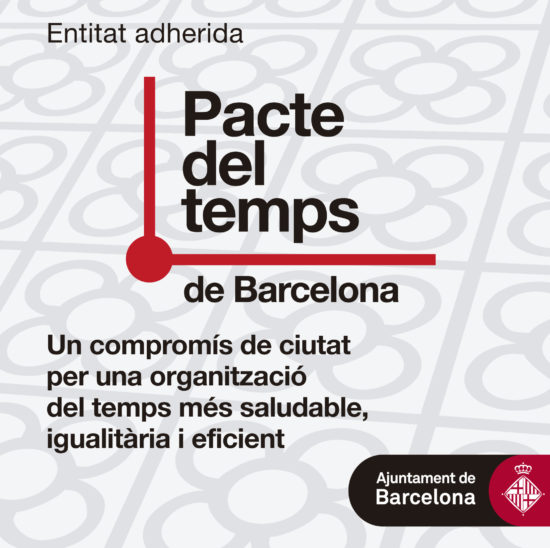#Gaming4skills project
The use of games in education or to improve people’s skills has a long history, but lately, the educational potential of video games has gained some attention. After a huge wave of educational games in the 1990s, the focus is now on the potential use of video games in a classroom context. Although there are already many teachers in favour of their use, how to introduce them still generates some confusion.
Firstly, teachers need guidance in using video games in the classroom. Guidance for educators does exist, but it is scarce. Either it is still confusing and not adapted to the classroom environment, or it is written for specialists and therefore inaccessible to most.
Furthermore, the myths and negative perception of video games by some people also represent an obstacle for teachers to incorporate them as a teaching and learning tool in the classroom.
Secondly, video games can be great vectors of innovative and transversal teaching methods.
Although competence-based and transversal education has been identified as a priority in EU policies since 2006 (Recommendation 2006/962/EC of the European Parliament and of the Council of 18 December 2006 on key competences for lifelong learning), there is little guidance from all EU ministries on how to implement these objectives.
Resources that we will develop
- A manual explaining why video games are a resource that should be in the classroom as a learning element.
- A practical guide on how to use video games in the classroom.
- 4 experience libraries with a total of 88 pedagogical modules, in which the game is used: as a spectator, as a creator, as an individual or group player.
About us
The #Gaming4skills project is developed between November 2020 and October 2022 by 6 partners from different European countries: YuzuPulse (France), C.I.P. Citizens in Power (Cyprus), SCS LogoPsycom (Belgium), CEPS Projectes Socials (Spain), Centrul Pentru Educatie si Consultanta Instrumente Structurale (Romania) and Science View Hellenic Association (Greece).
The #Gaming4skills project is funded by the Erasmus + Programme of the European Union. The content of the project reflects the views only of the authors, and the European Commission is not responsible for any use that may be made of the information contained therein. Project code: 2020-1-FR01-KA201-080669

 Español
Español Catalá
Catalá









